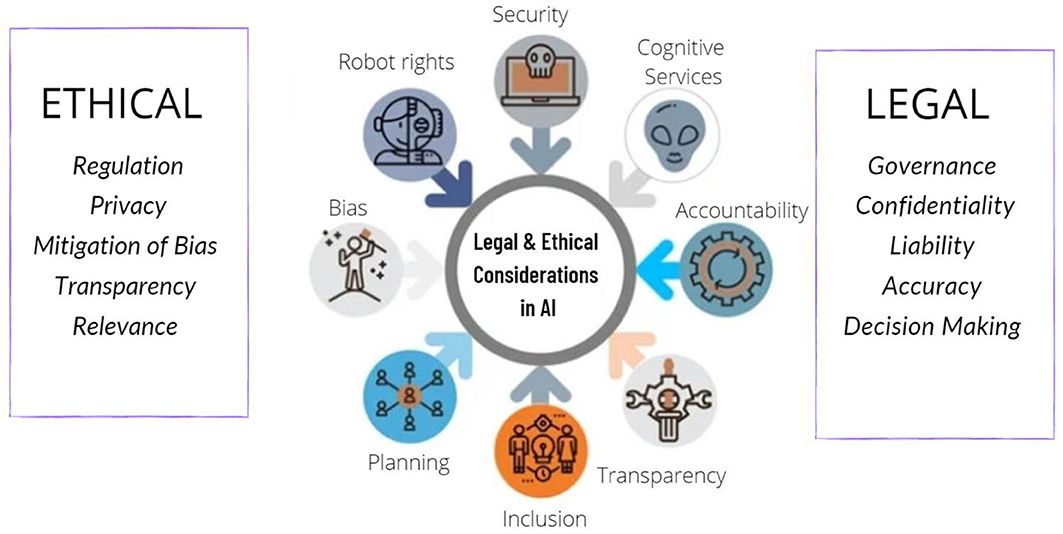
Ethical Implications of Artificial Intelligence
- 0
In recent years, artificial intelligence (AI) has rapidly advanced and become an integral part of our daily lives. From virtual assistants like Siri and Alexa to self-driving cars and algorithms that power social media feeds, AI is transforming the way we live and work. However, with this rapid progress comes a host of ethical implications that must be carefully considered.
Privacy and Data Security
One of the primary concerns surrounding AI is privacy and data security. As AI systems collect and analyze vast amounts of data, there is a risk that personal information could be misused or compromised. It is essential for companies and developers to prioritize data protection and implement robust security measures to safeguard user information.
Algorithmic Bias
Another ethical issue with AI is algorithmic bias. AI systems are only as good as the data they are trained on, and if that data is biased, the AI system will also be biased. This bias can result in discrimination against certain groups of people, perpetuating existing inequalities. It is crucial for developers to be aware of this bias and take steps to mitigate it.
Autonomy and Accountability
As AI becomes more advanced, there is concern about the implications for human autonomy. For example, in autonomous vehicles, who is responsible in the event of an accident – the human driver or the AI system? It is essential to establish clear guidelines and regulations regarding accountability for AI systems to ensure that there is transparency and accountability.
Job Displacement
One of the most significant ethical implications of AI is the potential for job displacement. As AI systems become more capable of performing tasks traditionally done by humans, there is concern about the impact on the workforce. It is crucial for policymakers and businesses to address this issue and implement measures to retrain workers and create new job opportunities.
Ethical Decision-Making
Ultimately, the ethical implications of AI come down to the decisions that programmers, companies, and policymakers make. It is essential for all stakeholders to consider the potential consequences of their actions and prioritize ethical considerations in the development and deployment of AI systems. By doing so, we can ensure that AI benefits society as a whole and mitigates potential harm.
Conclusion
As artificial intelligence continues to advance, it is essential to consider the ethical implications of this technology. From privacy and data security to algorithmic bias and job displacement, there are numerous ethical issues that must be addressed. By prioritizing ethical decision-making and accountability, we can ensure that AI benefits society while minimizing potential harm.

